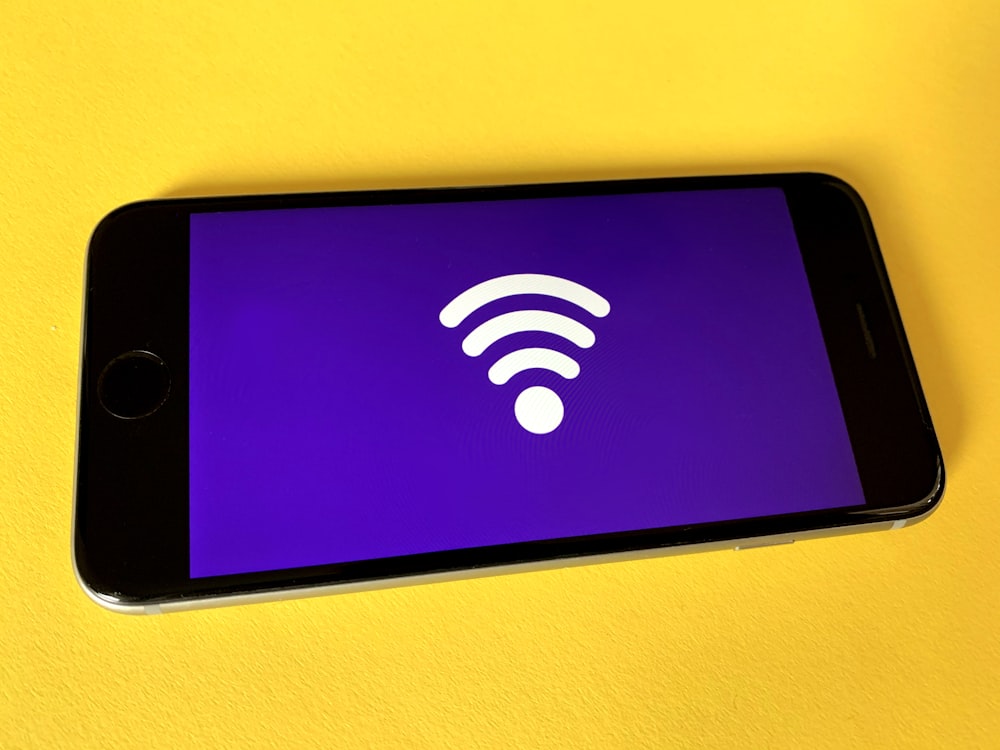The term ‘digital nomad’ was first coined back in 1997 by Tsugio Makimoto and David Manners, in their extraordinarily prescient book of that title, which theorised that technology would enable people around the globe to return to their nomadic roots. And here we are, not only are we now equipped with the enabling technology, but the pandemic has given us all a crash course in remote working and many of us have decided that we prefer things that way. In the United States alone, there are 15.5 million workers who regard themselves as digital nomads and as the restrictions of the pandemic begin to lift there are millions of others eager to pack their laptops and hit the road. So, if you are one of those with itchy feet, here are some tips to get you started.
Head for a destination that welcomes digital nomads
Cities around the world are now actively seeking to make themselves attractive to the digital nomad community, by creating hubs and co-working spaces and offering ‘digital nomad visas’. The problem with many cities is that accommodation is expensive and if you add on the cost of a co-working space, it negates one of the objectives of the digital nomad lifestyle, which is to live somewhere cheaply and work fewer hours. So, the smart nomad heads for a destination like Madeira which has established a digital nomad village with free workspace and Wi-Fi and where rental prices are much lower than the digital nomad magnet of Lisbon.
Take out digital nomad insurance
Obvious really, this is a necessary precaution, not a luxury. There are now a number of companies specialising in the needs of nomads.
Being a nomad does not mean relentless travel
This is not a gap year so don’t plan on visiting a new country every couple of weeks. You are going to need to earn a living and for that you need a degree of stability. Think in terms of months rather than weeks, get to know your chosen location, make friends, relax.
Are you confident that you can earn a living?
If you are working for a company who are happy for you to travel, then great, but if you are freelancing be realistic about your ability to get work. Either way you should aim to have six months living expenses in the bank, before you set out. Some skills are obviously more marketable than others, but however you intend to earn your money, make sure that you are up and running online well before you set out.
Invest in hotspot Wi-Fi
Internet access will be crucial for sustained travel, so it is well worth investing in a mobile hotspot device. These battery powered devices can turn a mobile phone signal in a Wi-Fi signal for up to ten devices, meaning that you can go online anywhere you can get a phone signal. This is as secure as your home router and certainly much safer than using public hotspots. You can create a mobile hotspot with your phone, but it will half the life of your battery and increase the expense of your payment plan.





